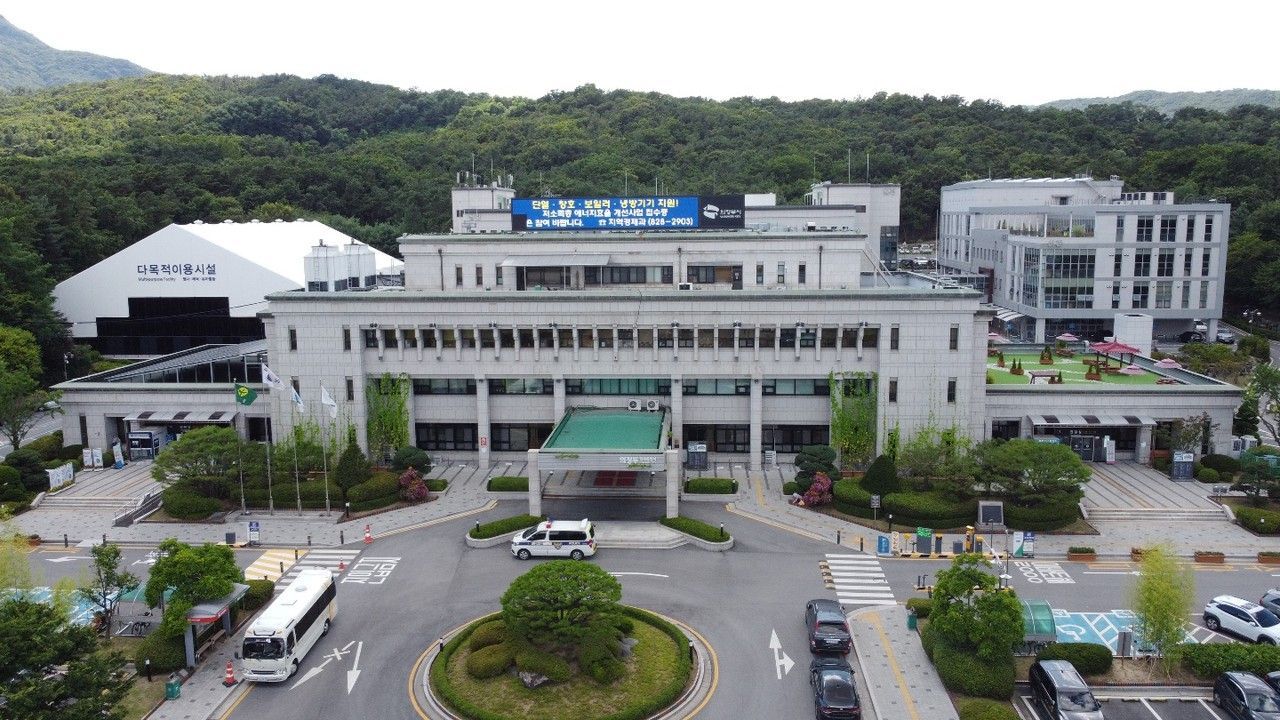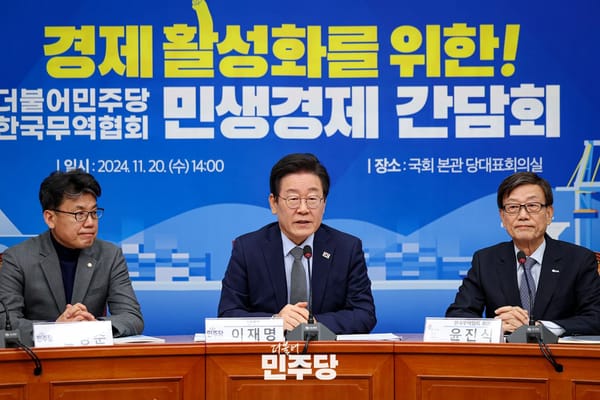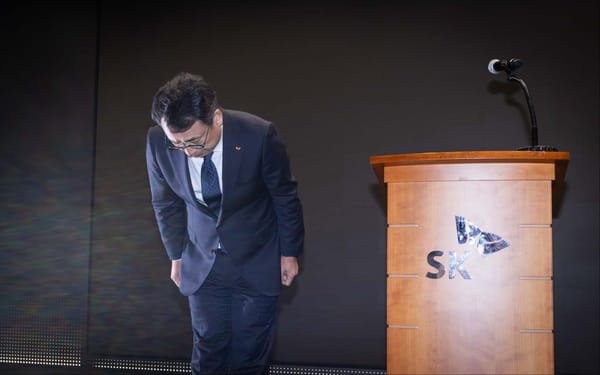Photo: Uijeongbu City Hall. Credit: City Government of Uijeongbu.
On October 13, the city of Uijeongbu 의정부 announced that it had exhausted its budget for the year so thoroughly that the city government may not be able to pay its employees. The mid-sized city in northern Gyeonggi-do Province 경기도, known primarily for its proximity to the US military base Camp Stanley, faces a shortfall of KRW 130b (USD 96m) from its KRW 1.25t (USD 923m) budget for 2023, largely because it is receiving less money than expected from the national government.
Uijeongbu isn’t the only local government feeling the strain. The national government has been collecting significantly less taxes than expected, raising suspicions that the Finance Ministry 기획재정부 released a misleading tax forecast. (See previous coverage, “Finance Ministry’s Wildly Inaccurate Tax Estimate.”) Lower tax revenues mean less money for the national government to distribute to local governments, a situation that falls particularly hard on smaller localities with weak tax bases.
The local governments of Gangwon-do Province 강원도, for example, rely on funds from the national government for more than 70% of their budget, as the mountainous province lacks a large enough population to support basic infrastructure and social services. With the province receiving KRW 1.14t (USD 842m) less in funds from the national government than in 2022, major Gangwon-do cities such as Wonju 원주 and Sokcho 속초 have drastically reduced their citywide welfare programs.








